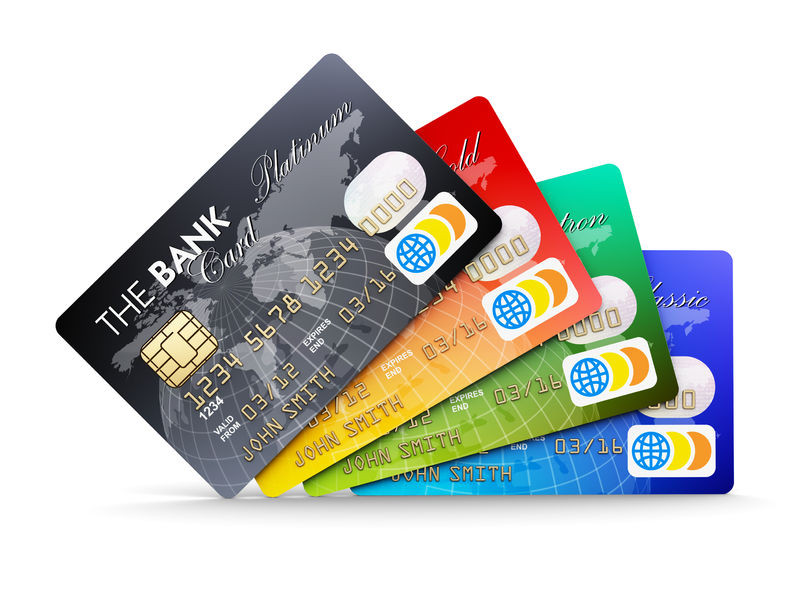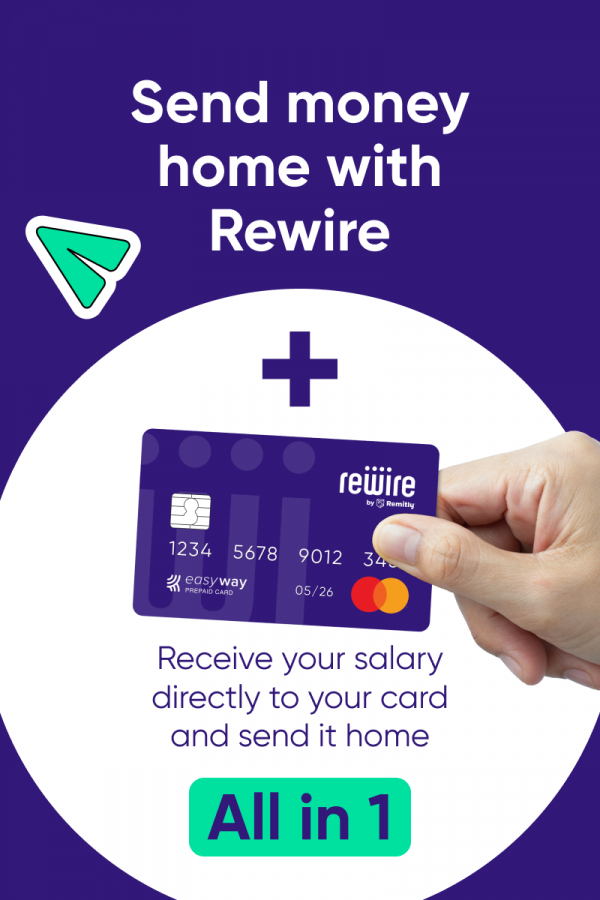The iSavta Team | 13.11.2019

World’s evolving and so is technology. As society approaches a new millennium, the need for physical money for buying and trading goods is becoming less popular. As new technology age begins, banks and trade companies offers the use of cards such as ATMs, Credit Cards, Debit Cards and so on. Big and Small establishments also offers discount cards, VIP cards and the likes with personal codes that are readable by computers to give special incentives to the one who owns it. Right now, you can even store up reward points and cash using your smart phones. Since technology is advancing rapidly, there will come a time that physical money will be faced out and the use of cards will be necessary in making transactions. Whether in banks, buying things, trading or purchasing goods. Many of us are still hesitant to embrace such changes when it comes to our financial transactions. Most of us are still feeling safe in using spot cash in everything we buy. Direct deal, no contracts, no paperworks, no terminologies that sounds so alien to us. Aside from that, those of us who are not computer savvy has no patience in dealing with username-password hassles in logging into online banking. But, it is time for us to learn and give it a try. Just like cellular phones, during late 90s, only rich people can afford to have one. It was considered a luxury during those times. Access to internet is still limited to those who actually knows how to use a computer. Today, there are about 6.8 billion cellular phone subscriptions all over the world. Having one became a necessity instead of luxury. Facebook has more or less 600 million people who access the website everyday using the internet. Just like these examples, the use of online banking and cards will become a necessity in no time. For Overseas Migrant Workers around the world, remittance centers are often used in sending money to their families at home. Western Union, Moneygram Centers and country-based remittance centers are often packed with OFWs during salary week. Some banks are also opening their branches in different parts of the world to encourage these people to use their remittance system and their recipients will receive the money through bank accounts and eventually through ATM machines using their debit cards As popularity of using bank cards in purchasing things, online businesses also became very trendy. People offers services and goods online and collecting proceeds through online banking. Consumers are drawn to this kind of set up because it’s less complicated. They can just sit at home and shop. Everything can be purchased online nowadays. Airline tickets, clothes, food, goods, services and so on. Today, credit cards are the most popular to consumers. There are different types of credit cards which varies from your capacity to acquire and pay. Not everyone is eligible to have one. Banks will check your financial background and your ability to pay bills on time. But the convenience of having one has its pros and cons. It may over convenience when handled properly or it can become destructive if you won’t be able to pay on time and it may lead you deep in debt. The Pros: 1. The convenience in purchasing goods and services online, through mail or through phones. 2. You can purchase something and pay them in monthly installments. 3. You can wire/remit/send money online using your card. 4. Good and services online are often way too cheap compared to items on shelves in malls and major establishments. 5. Some cards may offer discounts and reward points which can be use to purchase items such as airline tickets for free. 6. It can serve as financial back-ups for emergency such as immediate hospitalisation or sudden need for money. 7. It’s more secure than carrying cash with you. If you lose the card, you can always report it and be cancelled immediately. You are protected from unauthorized use of the card. 8. You can pay your utility bills through your card online. The Cons 1. Some consumers tend to overspend or should we say, spend money which they don’t have. 2. There is always a compulsion to maximize your credit limit. 3. When you fail to pay on time, you will be charged with fees and other penalties which can push you down with more accumulated debt. 4. Credit Card fraud is possible. 5. A lot of paperworks to do. Example; keeping all the receipts of your purchases and make an audit every pay day to make sure you were not overcharged. 6. You have to pay for the obligatory maintenance of the card every month In conclusion, there are perks in using a credit card but there is also a lot of downsides. To avoid the risk of credit card use, be responsible with it. Avoid unwise choices, don’t purchase what you cannot pay, live within your means and try to pay your debt on time. You also have to read the terms and conditions very thoroughly and take necessary precautions to avoid fraud.



